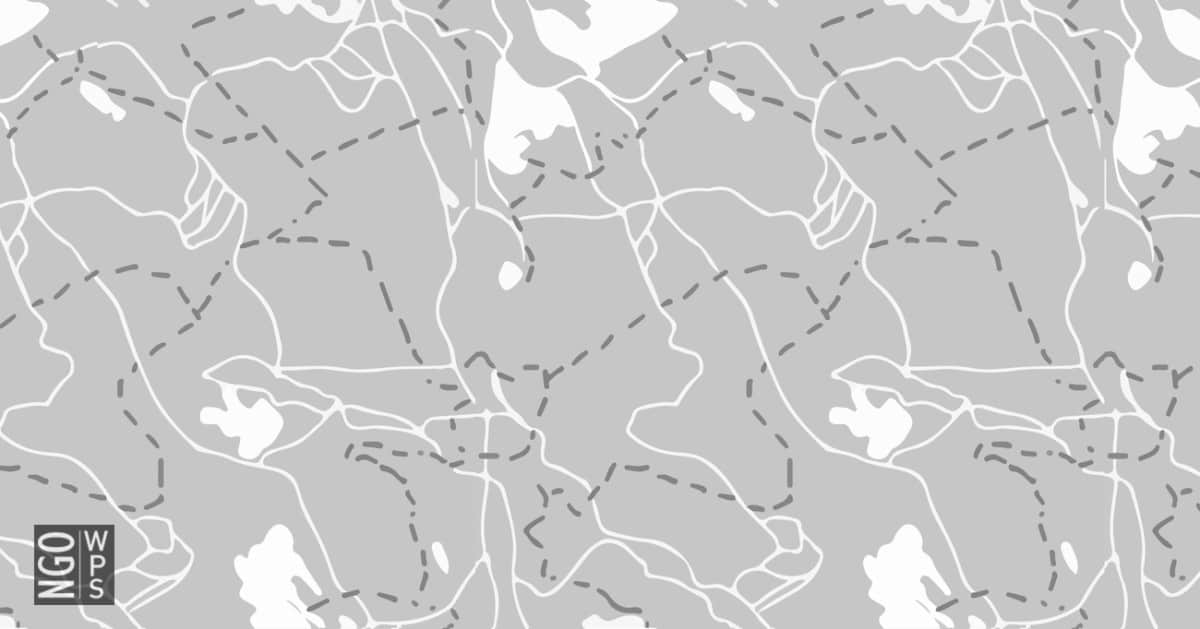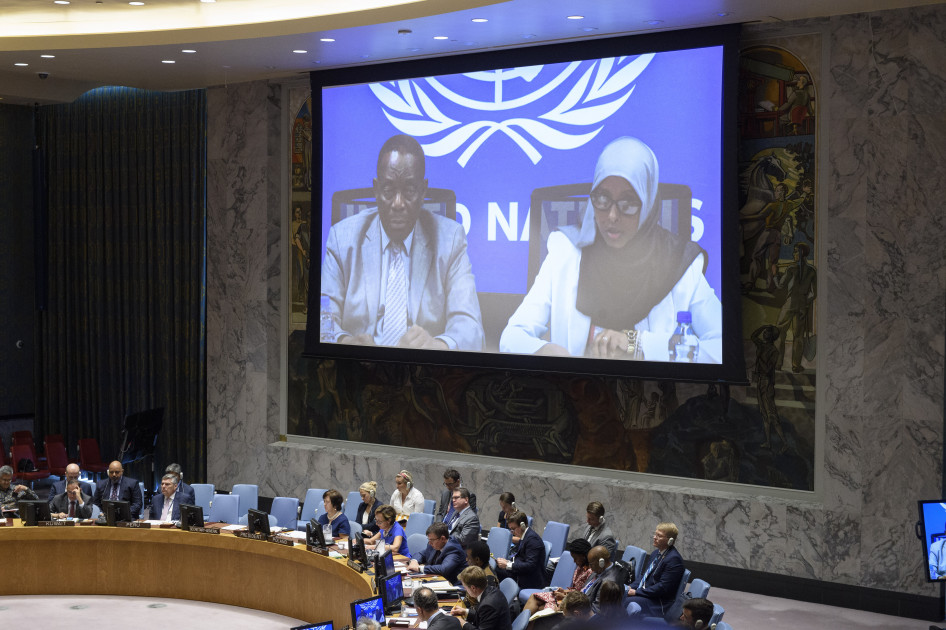Somalia
Somalia’s long-running armed conflict has been characterized by extremism, sectarian political violence, complex humanitarian crises, and piracy, and women have been disproportionately at risk of death and as targets of sexual and gender-based violence and displacement.
Based on the work of NGOWG members and their partners, the NGOWG advocates for women’s political participation, women’s meaningful and active participation in design and implementation of humanitarian responses, and strengthened mechanisms to prevent and respond to sexual and gender based violence.
Somalia
Somalia’s long-running armed conflict has been characterized by extremism, sectarian political violence, complex humanitarian crises, and piracy. Women have been disproportionately at risk of death, and as targets of sexual and gender-based violence and displacement.
Based on the work of NGOWG members and their partners, the NGOWG advocates for women’s political participation, women’s meaningful and active participation in design and implementation of humanitarian responses, and strengthened mechanisms to prevent and respond to sexual and gender based violence.
Current and Past Recommendations to the UN Security Council (Monthly Action Points)
Security at the Dadaab refugee camp in Kenya continues to deteriorate. More than 463,000 refugees, mostly Somalis, live in the camp, with new refugees arriving on a daily basis. Insecurity in Dadaab has constrained the ability of aid agencies to deliver basic services, and gender-based violence, including sexual violence, is endemic. In its discussions regarding the situation in Somalia, the Security Council should ensure it thoroughly addresses the impact of the Somali refugee crisis on regional peace and security. The Council should urge host governments to respect refugee law, and donor governments to provide necessary development and humanitarian assistance, as well as share responsibility with the Kenyan government for Somali refugees, including by substantially increasing resettlement programmes for Somali refugees to third countries. The Council should also support necessary funding to UNHCR to deploy sufficient protection staff to Somali refugee camps in the region, and to monitor human rights violations against Somali refugees, including those committed by the Kenyan security forces. In addition, the Council should support the Kenyan government in deploying additional police officers to Dadaab to improve security. The Council should support the Kenyan government in ensuring that police officers deployed to Dadaab are trained in human rights, including gender issues and refugee law, and made accountable for any human rights violations they are found responsible for committing.
Relevant Resources









